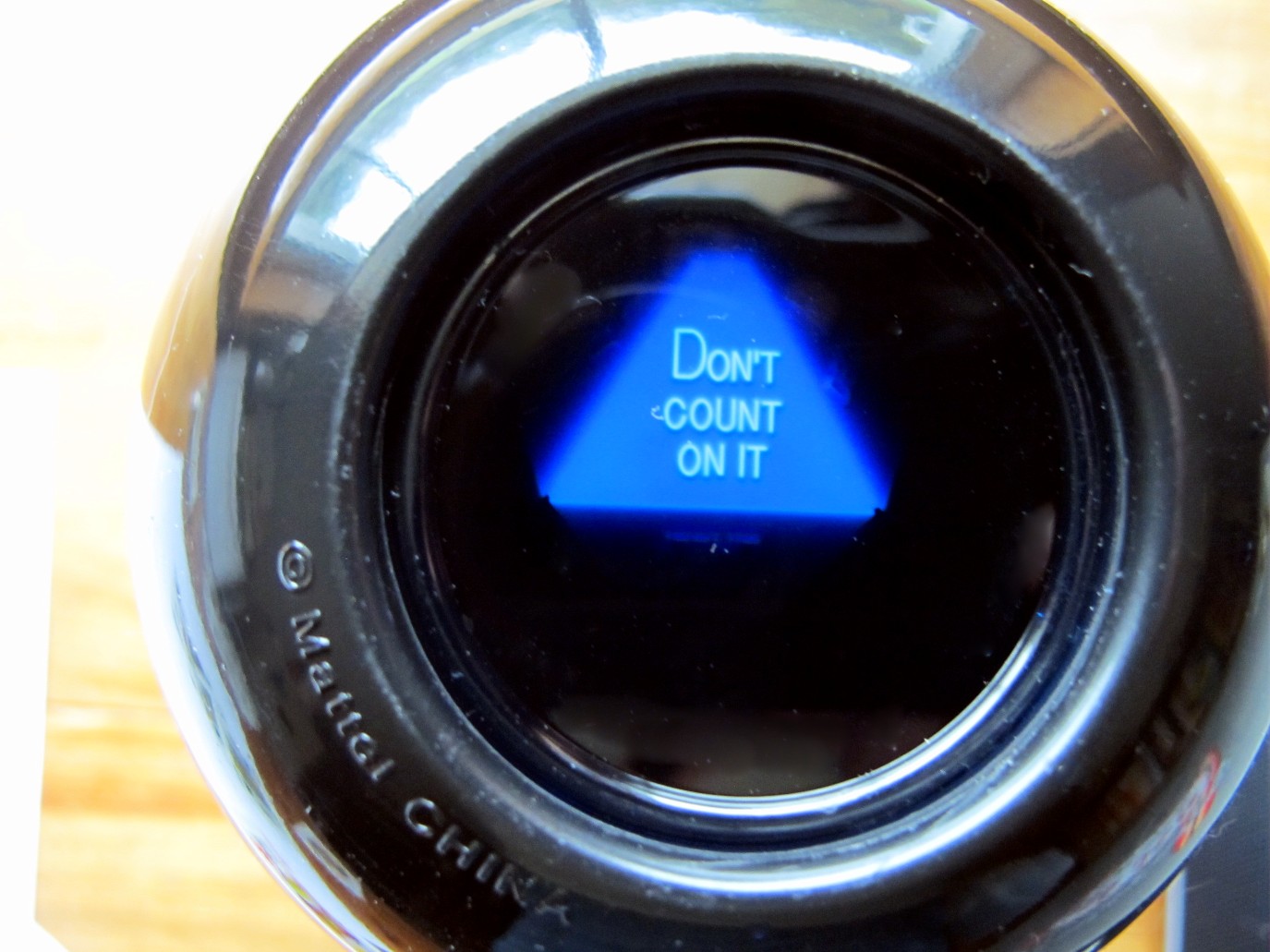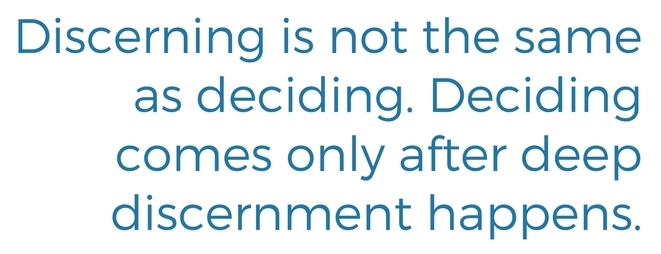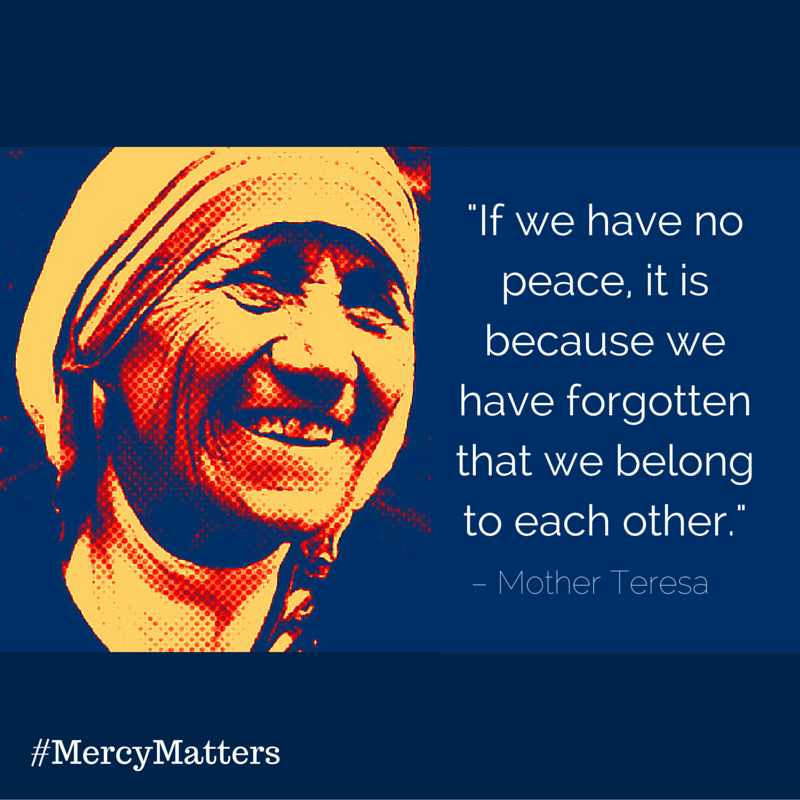This is a final post in a blog series on spiritual direction. This week’s blogger is Mike Hayes. You can read the first post in this weekly series here.
 In a recent Facebook post I asked those connected to me how they make difficult decisions and a number of interesting responses were noted:
In a recent Facebook post I asked those connected to me how they make difficult decisions and a number of interesting responses were noted:
“I have my ‘brain trust’ of three close friends.” (A frequent response)
“I ask my parents or grandparents.”
“I google it!”
“Magic 8 ball.”
“Coin flip”
All those who responded except one were between the ages of 18 and 30. The truth is, when it comes to discernment younger people have some pretty crappy resources to turn to in, perhaps, some of their deepest needs. After all, how do you decide where you’re going to grad school or if you should do a year of service? What about whether or not to ask someone on a date—or God forbid, to marry you? When should you start a family or discern a vocation to religious life? Should you take this job or keep looking? Is the time right to make a career change? Is your boss not keeping your best interests at heart?
All of these decisions weigh on the soul. Many believe that one false move may harken doom, perhaps permanent doom. On a much more serious note, how many suicides happen because people think a decision that they have made has now pushed them to the brink of desolation from where there is no coming back?
God seems to be nowhere in these decisions. Not one person who responded to my Facebook post said that they’d pray about the decision.
Discernment Methods
I’d like to offer a few insights that I’ve gained over the years about some of the above methods, and then offer some healthier, God-centered ways to assist you in personal discernment that have been helpful to me and many people I encounter.
Some of the above responses are filled with troublesome practice. Friends are great, but many are about as experienced in certain situations as you are. So that might not help you at all. Family members may have more experience, but they also have limited insight and may have biases and motives that cloud the situation. (“You want to do a year of volunteer service after taking $125,000 of my money for school?!”)
 Some better solutions would include, for one, praying about this decision. As a spiritual director, I often ask those whom I direct if they have prayed about the situation and I am always astounded when they say no. Prayer is not simply magical thinking or even good wishes that everything will come to you on a whim. No, prayer is wrestling with the problem and admitting your struggles with your various choices in front of God. Prayer, the Examen and imaginative prayer in particular, use our feelings, emotions, and intellect to help us discern a decision. Discerning is not the same as deciding. Deciding comes only after deep discernment happens.
Some better solutions would include, for one, praying about this decision. As a spiritual director, I often ask those whom I direct if they have prayed about the situation and I am always astounded when they say no. Prayer is not simply magical thinking or even good wishes that everything will come to you on a whim. No, prayer is wrestling with the problem and admitting your struggles with your various choices in front of God. Prayer, the Examen and imaginative prayer in particular, use our feelings, emotions, and intellect to help us discern a decision. Discerning is not the same as deciding. Deciding comes only after deep discernment happens.
How spiritual direction can help
A spiritual director is a good resource when it comes to discernment. In detailing the decision, the director listens and notices various aspects of where you might be in the decision-making process. For example:
“Every time you talk about moving to Chicago you seem sad. When you pray about this what kinds of things are you asking God about?”
“Whenever you talk about Susan, you can’t seem to stop smiling. Have you prayed about this relationship and how do you think God feels about it?”
The director also always has your best interest at heart. They offer no solutions but just point you in the way they notice that you are most consoled in the decision-making process. That doesn’t mean that whatever makes you feel good is the right decision. Your head along with your heart is necessary as well. Your director might very well point out something that you hadn’t considered. For example:
“You described the situation where your boss embarrassed you, but you also talked about how many people in the office rushed to your defense. It seems like this might be a better place to work than you’ve noticed because you are so hurt by what your boss did.”
Spiritual directors are plentiful. Many of the authors of these blog posts are directors. Most people meet with their director once a month and the experience is centered on prayer or—better stated—your relationship with God. Discernment can come into the picture once an established method of regular prayer is developed. Directors should have some kind of credential and not all are clergy. Many are lay people who have received a certificate or a degree in spiritual direction or spirituality. So seek out a spiritual director to help you discern the difficult decisions before you.
Mike Hayes is the Director of Campus Ministry at Canisius College and the founder of BustedHalo.com. He is the author of two books, Googling God and Loving Work. Mike served as the principal editor for and co-wrote The World Youth Day Retreat Guide (USCCB, 2016 & 2017). He has been happily married to Marion since 2002, and the couple live in the Buffalo suburbs with their chihuahua, Haze.
Go deeper? Here are some resources:
- More about Consolation and Desolation
- Points from Becky Eldredge on Praying When in Consolation and some Discernment Wisdom
- Discernment Resources from Ignatian Resources
- More about spiritual direction and retreats, and how to find a director








